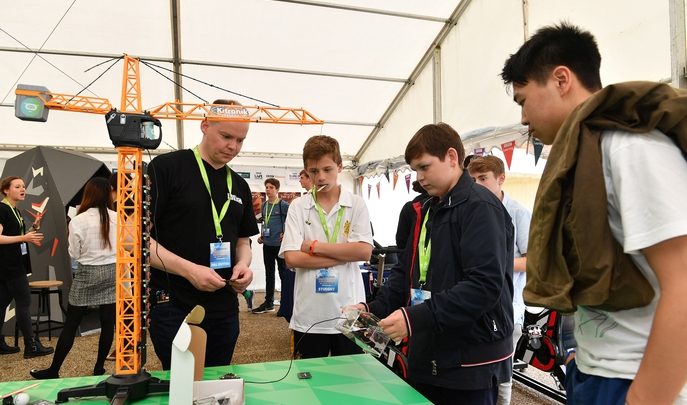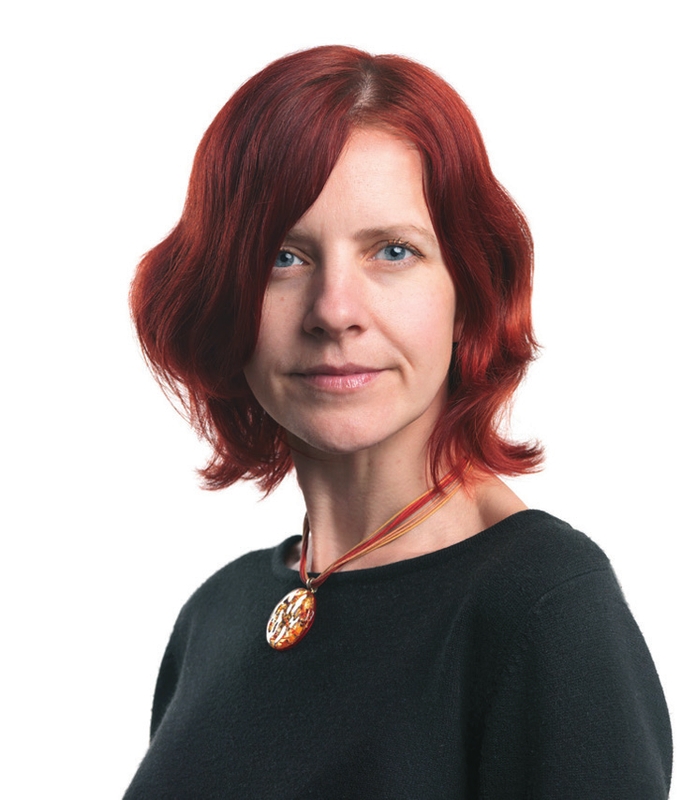Festival of Education 2016, Day 2 – Why Do We Need The CoT? And Should We Have ‘Safe Spaces’?

Helen Mulley witnesses a frank discussion regarding the aims and purpose of the College of Teaching, and watches a debate on the topic of whether kids today are too sensitive…

- by Helen Mulley
- Former editor of Teach Secondary magazine and award-winning podcast host

Pathetic fallacy or not – depending on one’s viewpoint, I guess – today opened with bright sunshine. And the focus here is still, of course, education, education and education – albeit perhaps with a few script adjustments here and there…
Session 1
The College of Teaching: What is it Good For?
(Panel debate featuring Darren Northcott, NASUWT; Sonia Blandford, CEO Achievement for All and CoT Trustee; Claire Dockar, Lead Practitioner Lipson Cooperative Academy and CoT Trustee; Chair – David Weston, Teacher Development Trust)
The main thing to come out of this courteous but challenging debate is that we are still very much in the middle of a serious conversation about the College of Teaching – there is plenty yet to be decided, and input from the teaching profession itself is crucial.
Darren Northcott was keen to explain union scepticism regarding (rather than opposition to) the College, which was largely to do with what he described as a ‘lack of appetite’ amongst chalkface teachers for such an institution, alongside clear worries about the possible implications of it being in any way at all government funded.
Both Sonia Blandford and Claire Dockar worked hard to address his concerns. In terms of independence, despite government funding and support, they were clear that targets and deliverables would be set by the College itself – that it would be accountable to members, not Westminster. And that it absolutely would not, as Michael Gove has suggested, replace the unions.
Regarding appetite – again, it came back to making decisions about what the College is for, and what, for example, being a member, a Founder and ‘chartered’ might mean. Sonia talked a lot about research, and the CoT’s place in helping contribute to genuinely evidence-based practice; Claire spoke passionately about professionalism, status, and the value of being chartered.
Audience questions focused on how the significance of the status of being chartered might be communicated beyond the profession, and whether the College might have actual teeth in terms of influencing government policy and daily practice (and if not, whether there is really a point to it at all).
Sonia and Claire explained that the board would be approaching teachers in the Autumn, raising awareness about membership and asking for contributions to the debate about what the College should look like. “We will come to you with an offer,” confirmed Sonia. “It’s not just research we need,” urged Darren, “It’s empowerment to act on that research, even when it goes against what teachers are being told to do by outside influences at the moment.”
“The teacher’s voice has to be heard,” added Claire. “We’ve been ‘done to’ for too long.”
There was a lot of common ground. But, as Darren – and the audience questions made very clear – there is still a long way to go before we can claim consensus on the College.
Session 2
‘Trigger Warning – Are We Turning Our Children Into Wimps?
(‘Unsafe Space’ debate organised by the Institute of Ideas)
Speakers: • Phil Beadle – education consultant; teacher; author, Rules for Mavericks • Claire Fox – director, Institute of Ideas; panellist BBC Radio 4’s Moral Maze; author, Find That Offensive • Ian Morris, head of well-being, Wellington College; author Teaching Happiness and Well-being in Schools • Deana Pucci, founder of The RAP Project, former Assistant District Attorney, New York City, member of Sex Crimes/Special Victims Unit, Brooklyn
• Chair, Kevin Rooney – convener, Institute of Ideas Education Forum; politics teacher and head of social science, Queen’s School, Bushey; co-author, Who’s Afraid Of The Easter Rising?
Institute of Ideas debates are always lively and deliberately provocative. As you might expect, opinions were eloquently and forcefully expressed.
Deanna Pucci declared that in her view we are not actually making children paranoid enough: “I’d rather have a paranoid child, than a sexually abused one.”
Phil Beadle, leaning as far back in his chair as he could without actually falling off it, took exception to Claire Fox’s assertion that we are using the word ‘bullying’ where it’s not warranted, and causing more troubles than we are fixing as a result: “I fail to see how any form of attempt to address bullying can be blamed for fragility in children.”
Ian meanwhile spoke of a “Pervasive culture of instrumentalism”; weak school leadership excessively focused on results; too much reliance on antidepressants to solve young people’s issues quickly; and the notion of ‘therapeutic education’, as described by Kathryn Ecclestone, in which we start by assuming that children are fundamentally broken and seek to fix them.
However, while viewpoints differed, there was an underlying sense of faith in our young people – what they are capable of and the future they will be able to create. If we both allow and empower them to do so (with the 74% of 16-24-year-olds voting for ‘remain’ yesterday being used by Ian as an example of their positivity, not entirely to the Chair’s satisfaction).
Session 3
Ruth Sparkes (Empra PR) – Public Relations: The Good, Bad and the Ugly
A solid, practical session from Ruth Sparkes, who is very much a voice of experience in the world of education PR. As the title suggested, she covered all aspects of the subject, from promoting a school (whether successful or failing), to dealing with potential PR disasters. Plenty of anecdotes, lots of focused advice – and a decent goodie bag, to boot…
Session 4
Rachel Kelly – 52 Small Steps to Happiness for Teenagers
I can’t have been the only one attending this session, held in Wellington College’s beautiful chapel, in search of a moment of personal peace and mindfulness during a day that has already stirred up a number of confused and quite difficult emotions alongside the inspiration and reassurance that’s to be found at the Festival as a rule.
Indeed, the chapel was more full than I’ve seen it for any other session as we listened to Rachel Kelly’s wonderfully soothing and positive words and tried a few of her tested strategies for an instant wellbeing boost.
It might sound gimmicky – but these are exercises and activities that are proven to have an impact, and there was a very strong message about the importance of valuing, promoting and teaching good mental health – and the dangers of sidelining it.
A quarter of the audience who stood up when invited to indicate that they had experienced mental health issues, and sat down when asked to remain standing if they had felt unable to be open about them. We need to offer our young people a better option.
Read more of 2016 Festival of Education coverage here and here










